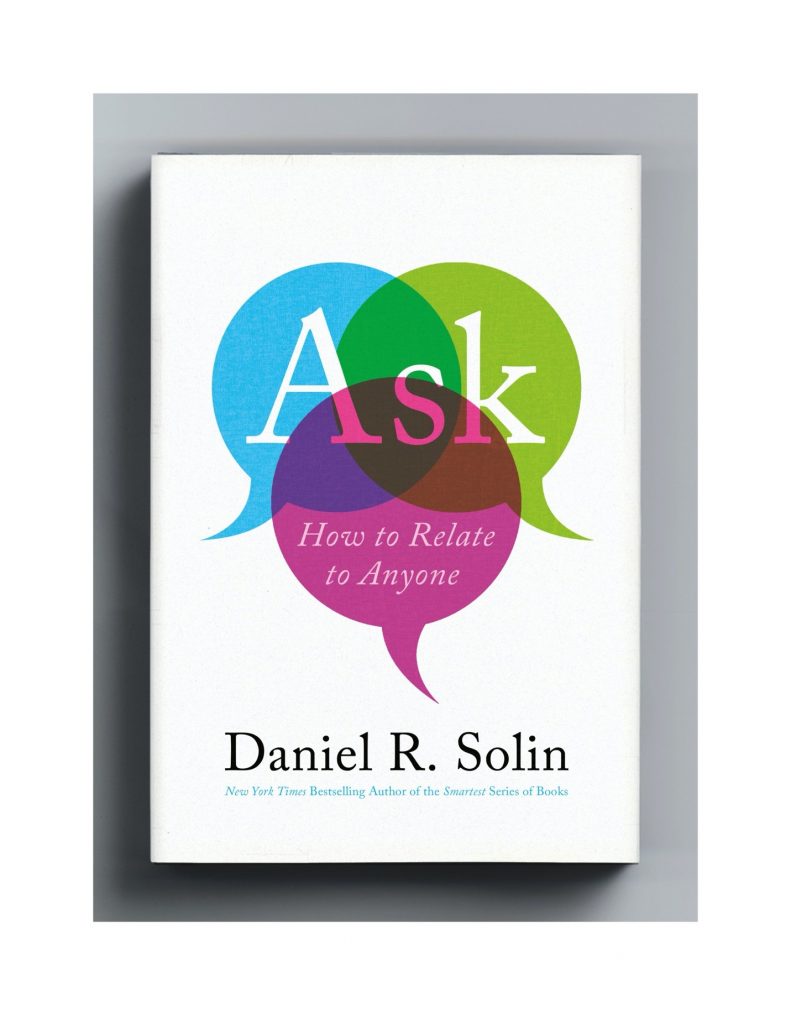
We can all agree that America is deeply polarized. There are almost too many issues to list. The major ones include the race, politics and the pandemic.
We can’t even agree on whether wearing face masks is prudent, despite overwhelming evidence from infectious disease experts that it plays a critical role in preventing the spread of Covid-19.
Do you ever wonder about people whose views differ from yours: How can they be so stupid?
What doesn’t work
Here’s what doesn’t work: Trying to convince someone you are “right.” We know that data and rational dialog doesn’t change minds. If people believe the pandemic is a “hoax”, or that it’s been politicized or that a higher power will protect them, do you really think quoting the views of epidemiologists will change their thinking?
There’s another reason trying to persuade is a loser’s game. While you may believe you are simply presenting objective data, the other person doesn’t process it that way. What they hear is that you believe they are ill-informed and irrational.
Those feelings polarize the discussion.
A new approach
There are intelligent people on both sides of most issues. They have reasons for holding strongly to their beliefs.
Instead of trying to change their mind, refocus your efforts on understanding the basis for their views.
Doing so is remarkably easy. All you have to do is ask.
If someone refuses to wear a mask, you could ask these questions (which are representative):
I’m curious about why you believe wearing a mask isn’t necessary?
Are there any circumstances where you would wear one?
Is your view about not wearing a mask personal or do you think others shouldn’t wear one as well?
You’ll be stunned by what happens.
First, you’re likely to learn useful information you might not have known.
Second, you’ll find most people have good reasons underlying their beliefs. You may not agree with their logic, but you’ll gain a better understanding of why they believe what they do.
Third, the tone of the dialog will shift from tense to respectful.
Fourth, (and this is the big one), you will generate very positive feelings in the other person by showing a genuine interest in them, rather than trying to demonstrate the error of their ways.
I call it replacing judgment with empathy. It helps me remember to implement this process when confronting those with different views both in person and on social media.
Here’s a collateral benefit: When you take the time to understand others, you’ll find areas of common interest, that can lead to friendships. We don’t have to agree on everything to be friends with someone.
Often, we just have to switch from “persuading” to “understanding.”
Ask Is Now Available For Immediate Shipment
- Buy a copy of Ask (hardcopy, Kindle, audiobook).
- Send your friends and family copies of Ask
- As a favor to me, please consider leaving a review of Ask on Amazon.
(To search for Ask on Amazon, you need to start inputting the subtitle: How to Relate to Anyone)
Thank you!

